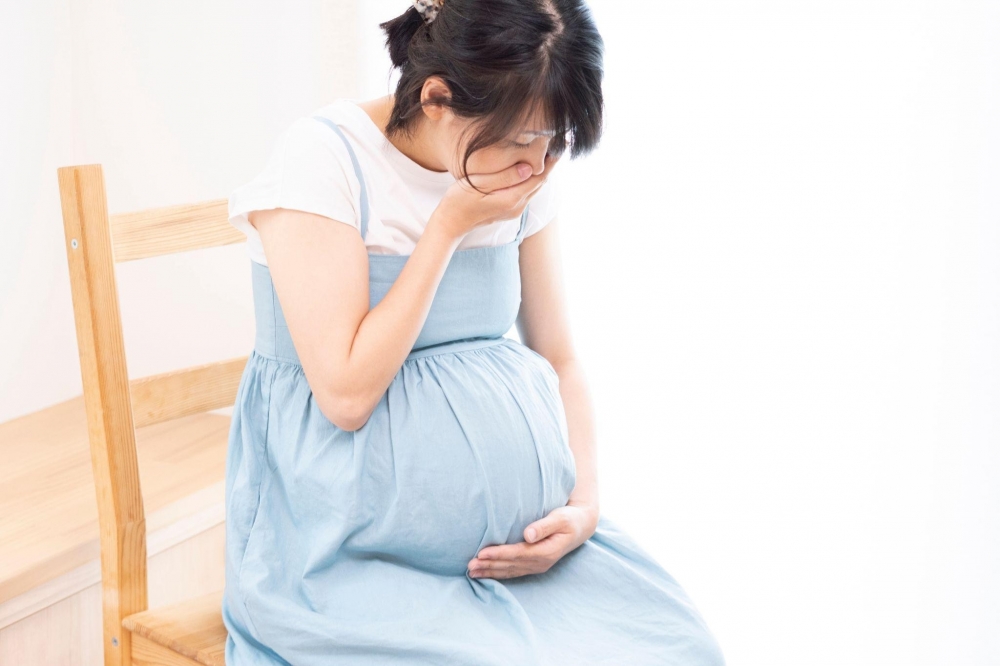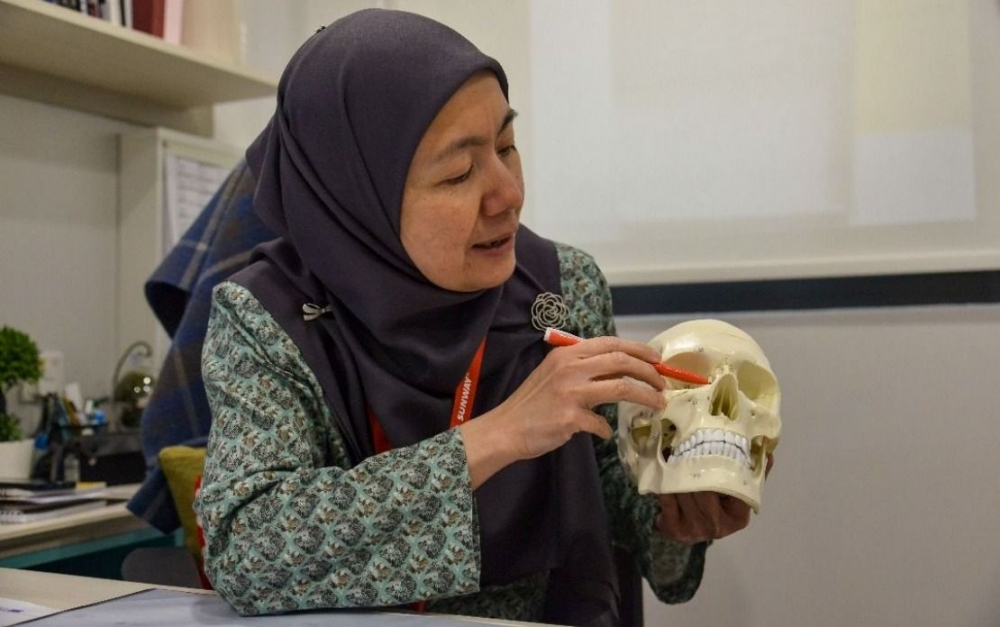Kidney infections in the elderly

If an elderly person is not behaving like usual, it’s advisable that she is taken to a doctor as soon as possible. It might be a kidney infection that is the cause of the behavioural change.
THE common symptoms that we typically associate with urinary tract infections such as burning pain and frequent urination can often be absent in the elderly (defined as those above 65 years of age).
Instead, a urinary tract infection in an older person can often present as confusion or delirium.
According to consultant nephrologist and internal medicine physician Dr Mohd Radzi Rodzlan Akib, urinary tract infections often present atypically in old people, so caregivers should be vigilant and have a high index of suspicion when it comes to a change in the mental state of their elderly charges as this could mean an infection is behind the change in behaviour or mental state.
A urinary tract infection refers to infection in any part of the urinary system, including the kidneys, ureters, bladder and urethra. Most infections affect the lower urinary tract, which involve the bladder and urethra.
Dr Radzi says such infections can “spread up” to the kidneys, which then becomes a kidney infection (pyelonephritis), and this can be life threatening.

‘A kidney infection that is not treated earlier can progress to sepsis, which is life threatening. When the infection goes into the bloodstream, that’s never good,’ says Dr Mohd Radzi Rodzlan Akib.
Elderly considerations
“In the elderly, a few factors increase the risk of kidney infections,” says Dr Radzi who practises at Sunway Medical Centre Velocity (SMCV) in Kuala Lumpur.
“As you age, the immune system declines and cognitive function may deteriorate. Some elderly people may not be capable of looking after themselves in terms of hygiene and this can increase the risk of kidney infections.”
There are certain conditions that can increase this risk.
For example, elderly men with benign prostatic hyperplasia (an enlarged prostate) are at increased risk of kidney infections while in women, those with uterine prolapse are at greater risk. Other conditions that increase general risk of kidney infections irrespective of age include diabetes.
“There are many challenges that come with elderly patients when it comes to managing any infection, not just kidney infection. This is because the elderly’s immune system is usually not as robust as those who are younger. Hence, recovery time is slower, which can lead to other complications,” says Dr Radzi.
“In addition, if the patient is admitted to hospital, this can also pose problems as the environment in the hospital is not something they are used to, and this can possibly lead to delirium.”
Prevention matters
According to Dr Radzi, the main measure in trying to prevent kidney infections is to maintain hydration.
“If the subsequent investigations of the disease doesn’t reveal any underlying cause for the infection, then maintaining hydration and ensuring good personal hygiene is encouraged to reduce recurrence.
“If the infections keep recurring despite the absence of any precipitating cause, then prophylactic antibiotics might be given to prevent recurrence.”
Dr Radzi highlights that early detection and intervention in managing kidney infections in the elderly is particularly important.
“You should pay particular attention to their behaviour. If your mum or dad is not acting like their normal selves, they need to see the doctor earlier.
“A kidney infection that is not treated earlier can progress to sepsis, which is life threatening. When the infection goes into the bloodstream, that’s never good,” he says.
When it comes to maintaining good health in the elderly, or at any age, Dr Radzi has this to say: “I get this question all the time. My answer will always be, ‘Healthy lifestyle, healthy diet and maintain good hydration.’
“Our Malaysian diet is often high in salt. A healthy diet has to have less salt. It has to be less sweet. But it doesn’t mean you can’t eat sweet things, just do it less often.
“If you eat lots of carbohydrate, cut it to half.”
The same goes for sweet drinks, chocolate, cakes, biscuits, red meats and other rich foods – to halve the consumption of such foodstuff.
“If you tell them not to eat these, it will never work, so start by cutting it to half.
“Exercise three times a week, at least half an hour to start with. Walking is considered exercise.
“Those who exercise are stronger. If you don’t exercise, your muscles are going to shrink, your bone density decreases,” advises Dr Radzi.
Are there any long-term effects or considerations for kidney health following a kidney infection in the elderly?
“If you do get kidney infection, kidney function will be adversely affected.
“We need to prevent any further deterioration to ultimately avoid the necessity of dialysis,” stresses Dr Radzi.
Was this article helpful?
0 out of 0 found this helpful
Suggest to Read









